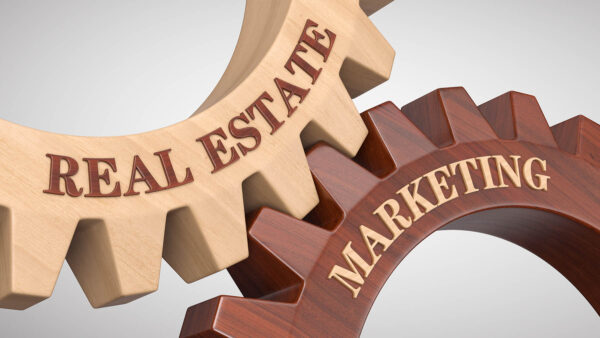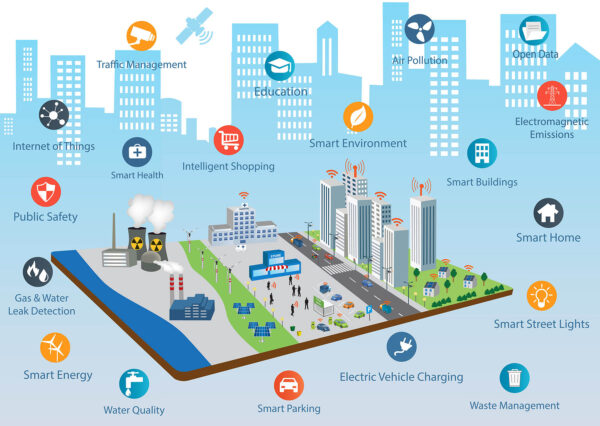Revolutionizing Real Estate with Technology
The incorporation of technology in real estate development has revolutionized the industry, bringing about unprecedented changes in how properties are designed, constructed, and managed. This section introduces the various ways technology is being integrated into real estate development. It covers advancements like building information modeling (BIM), 3D printing in construction, and the use of drones for site surveying. The focus is on how these technologies improve efficiency, reduce costs, and enable more complex architectural designs.
Smart Buildings and Automation
Smart buildings represent a significant leap forward in real estate development. This section delves into the role of automation and IoT (Internet of Things) in creating buildings that are more efficient, comfortable, and sustainable. It discusses features like automated lighting, heating, and cooling systems, energy management technologies, and smart security solutions. The section also explores the benefits of smart buildings, including enhanced energy efficiency, improved occupant comfort, and increased property values.
Sustainable Development and Green Technologies
Sustainability is a growing priority in real estate development, and technology plays a key role in this shift. This section examines how green technologies are being integrated into building projects to minimize environmental impact. Topics include renewable energy sources, such as solar panels and wind turbines, sustainable materials, and water conservation technologies. The section highlights how these technologies not only contribute to environmental sustainability but also offer economic benefits through energy savings and tax incentives.
The Impact of Big Data and Analytics
Big data and analytics are transforming real estate development by providing deeper insights into market trends, consumer preferences, and operational efficiency. This section discusses the ways big data is used in real estate, from predictive analysis for market trends to optimizing building operations and maintenance. It will explore how data-driven decisions can lead to more successful development projects and higher returns on investment.
Virtual and Augmented Reality in Real Estate
Virtual and Augmented Reality (VR and AR) technologies are changing the landscape of real estate development and marketing. This section covers how VR and AR are used for virtual property tours, architectural visualization, and enhancing the buyer experience. It discusses the advantages of these technologies in terms of marketing properties more effectively, allowing for remote viewing, and helping buyers envision potential changes in a property.
Challenges and Future Trends
While technology offers many benefits to real estate development, it also comes with challenges. This section addresses the challenges such as the high cost of technology adoption, the need for skilled professionals, and concerns about data security and privacy. It also looks ahead to future trends in technology within the real estate sector, such as the increasing use of AI and machine learning, the potential of blockchain in real estate transactions, and the ongoing evolution of smart city concepts.





